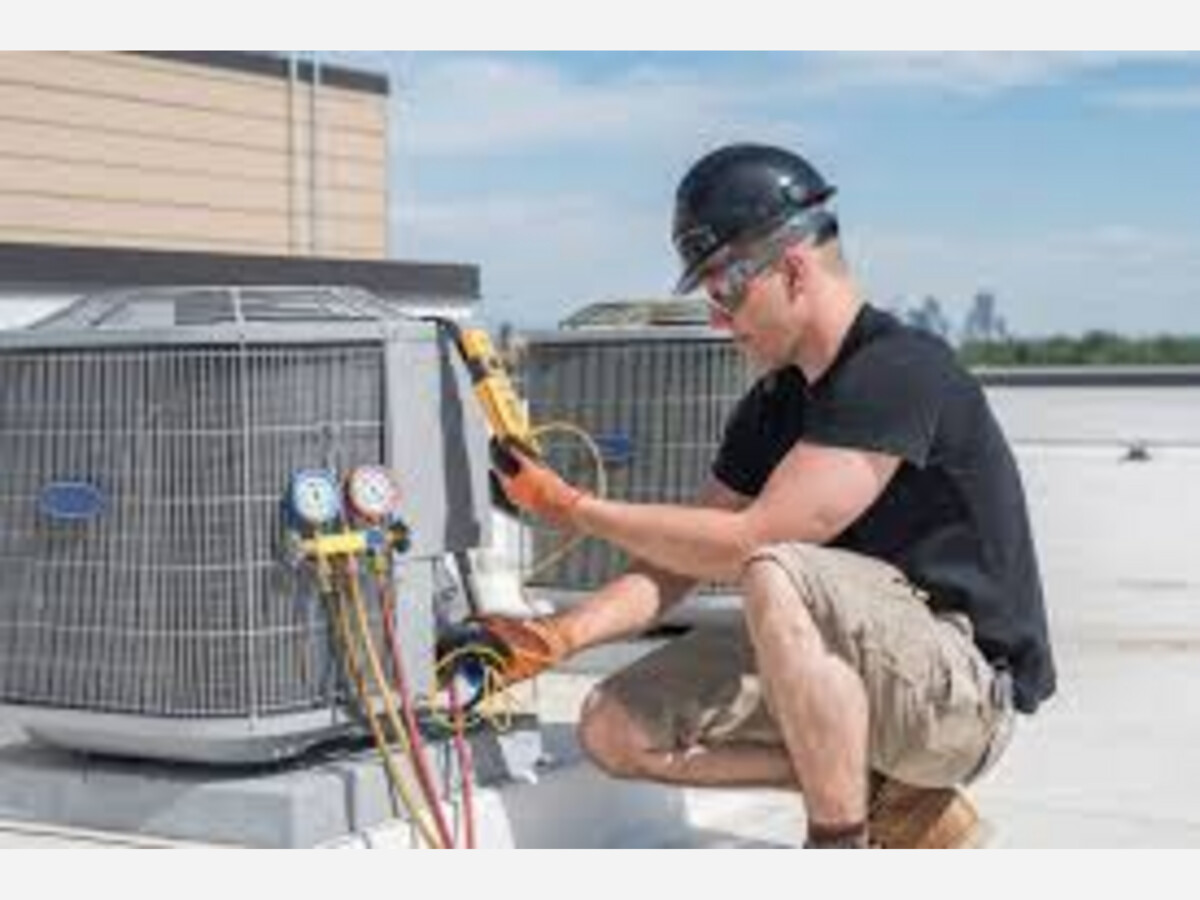Image


Starting January 1, 2025, new federal regulations from the Environmental Protection Agency (EPA) will dramatically impact the heating, ventilation, and air conditioning (HVAC) industry, leading to substantial price increases for homeowners looking to upgrade their systems.
The EPA's new mandate aims to phase out hydrofluorocarbons (HFCs) like R-410A, a common refrigerant in current HVAC systems, due to their high global warming potential (GWP). The regulations require manufacturers to transition to more environmentally friendly refrigerants with lower GWP ratings, such as R-454B or R-32.
The shift to new refrigerants and technologies is expected to drive up costs significantly:
Several factors are contributing to the projected cost increases:
The new regulations take effect on January 1, 2025, but their impact is already being felt:
Homeowners considering HVAC upgrades may want to act before the full implementation of these regulations to avoid the steepest price increases.
Despite the higher upfront costs, the new systems are expected to offer some advantages:
As the HVAC industry undergoes this significant transition, consumers are advised to consult with HVAC professionals to understand their options and make informed decisions about system upgrades or replacements in light of these impending changes.